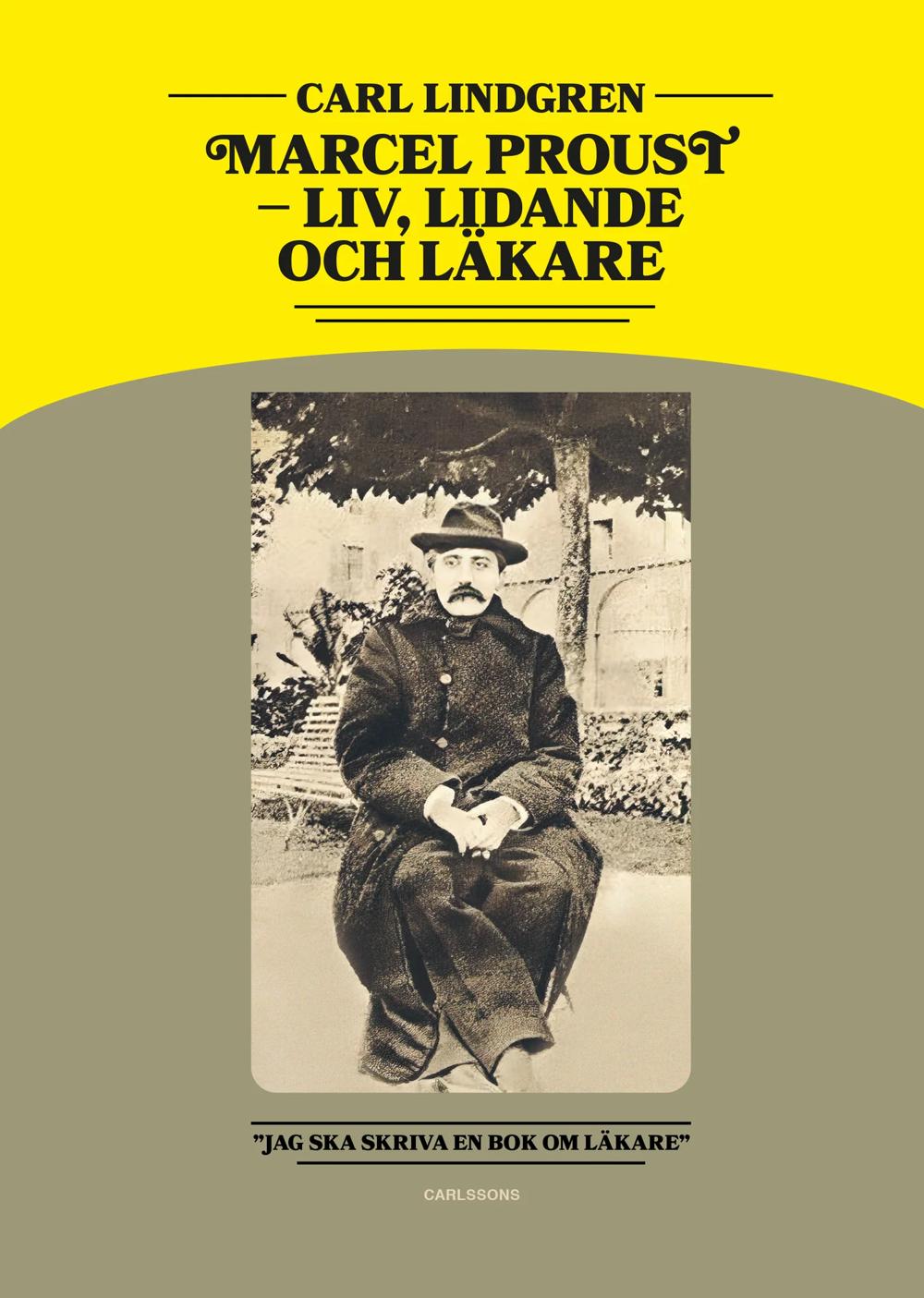With an intense interest in both medical history and literature, it is perhaps not so surprising that Carl Lindgren came to focus on the constantly ailing Marcel Proust (1871-1922) from a medical perspective.
The triggering factor was participation in a reading group, which slowly but surely trudged through the seven volumes and nearly 4,000 pages of the novel In Search of Lost Time (À la recherche du temps perdu).
“I have been reading Proust all my life, but when I started reading his work closely, I discovered that it was full of medical terms, symptoms and opinions about doctors”, says Carl Lindgren.
I have to admit that I haven´t read all of In Search of Lost Time, but I’ve heard there are quite a few doctors in it. What does he think of them?
“In the novel, which is admittedly not an autobiography but bears clear traces of its author, it appears that Proust is very disappointed with the doctors. They cannot help him, except to prescribe sedatives and explain that his asthma is caused by nervousness. At the time, it was believed that asthma was a psychosomatic disease. But he had, in my opinion, a pollen allergy from the beginning which then turned into a more chronic asthma, what we call today COPD.”
In his book, Carl Lindgren particularly underlines two core points that he believes have not been highlighted before. One is that Proust was probably born a few weeks too early, which did not cause the allergy, but contributed to him being rather small and thin as a child.
"The other thing is that he probably did not die of pneumonia alone, as it says everywhere. I think there were many reasons why he died at age 51. Asthma was one, infection may have contributed, but he surely also had a hereditary kidney disease, as did his mother and several other relatives.

Marcel Proust's father and brother were both prominent doctors, which meant that he had some respect for the profession. But at the same time as he sought help from the physicians, he distrusted them, according to Carl Lindgren.
Proust tried many treatments for his asthma, without much success. The main medication – which he used several times a day throughout his life – consisted of a powder, poudre de Legras.
It was made from dried leaves of jimsonweed and belladonna, which were made to glow, whereupon the patient inhaled the vapor. It probably had a certain relieving effect, but above all, says Carl Lindgren, it made you "a little high".
Proust's last days were strongly marked by his poor health.
“During the last ten years he was bedridden a lot, he ate extremely sparingly because he had problems with his stomach, so he lost weight. And since he was lying in his bed during the day, as he had turned around the clock and wrote in the nighttime, he also suffered from atrophy.”
Carl Lindgren's book, with the Swedish title Marcel Proust. Liv, lidande och läkare, is published by Carlsson book publishing.
